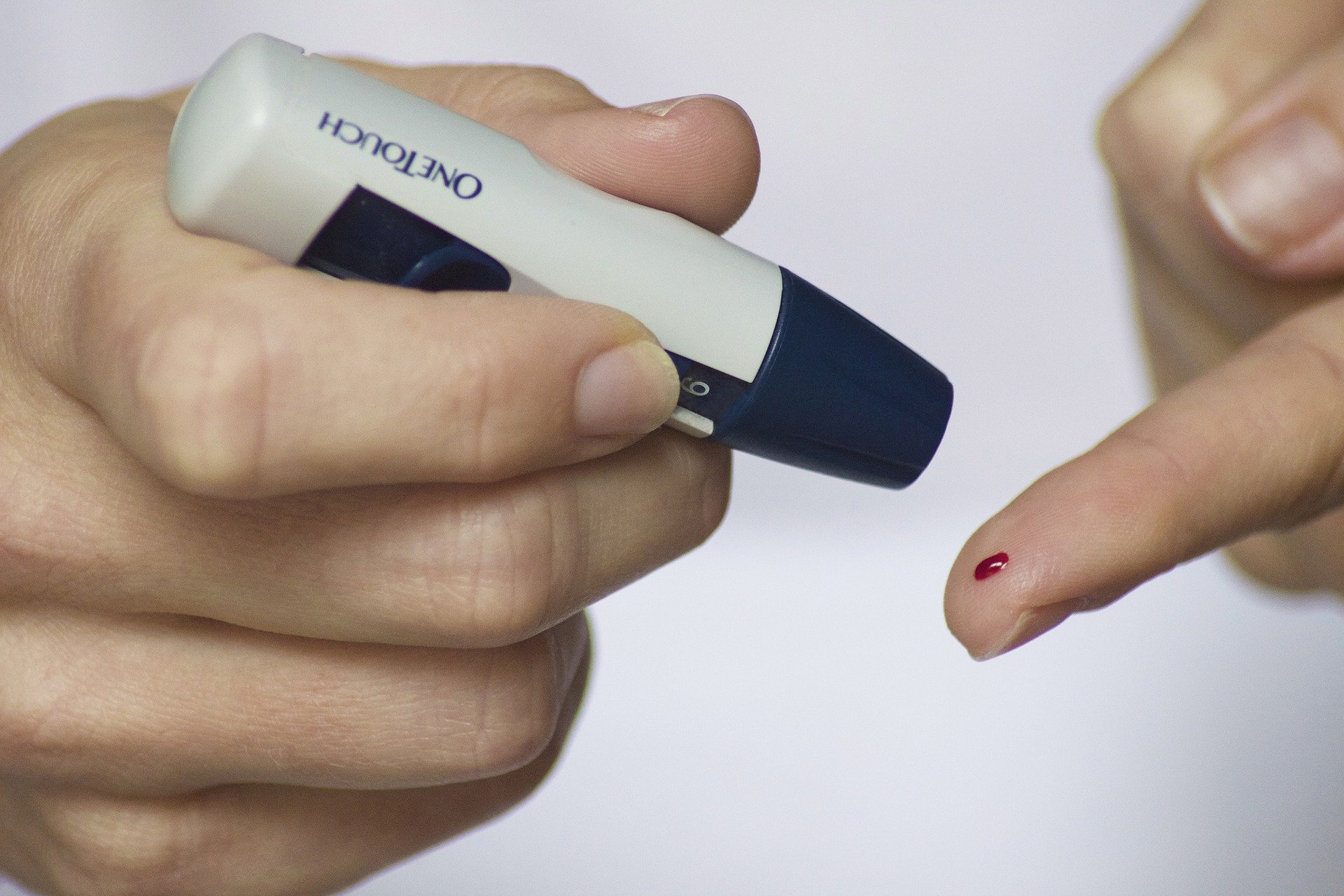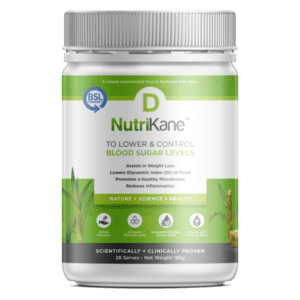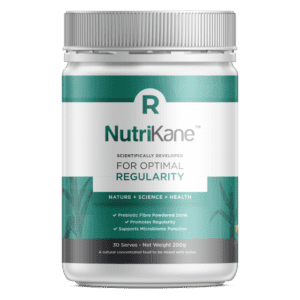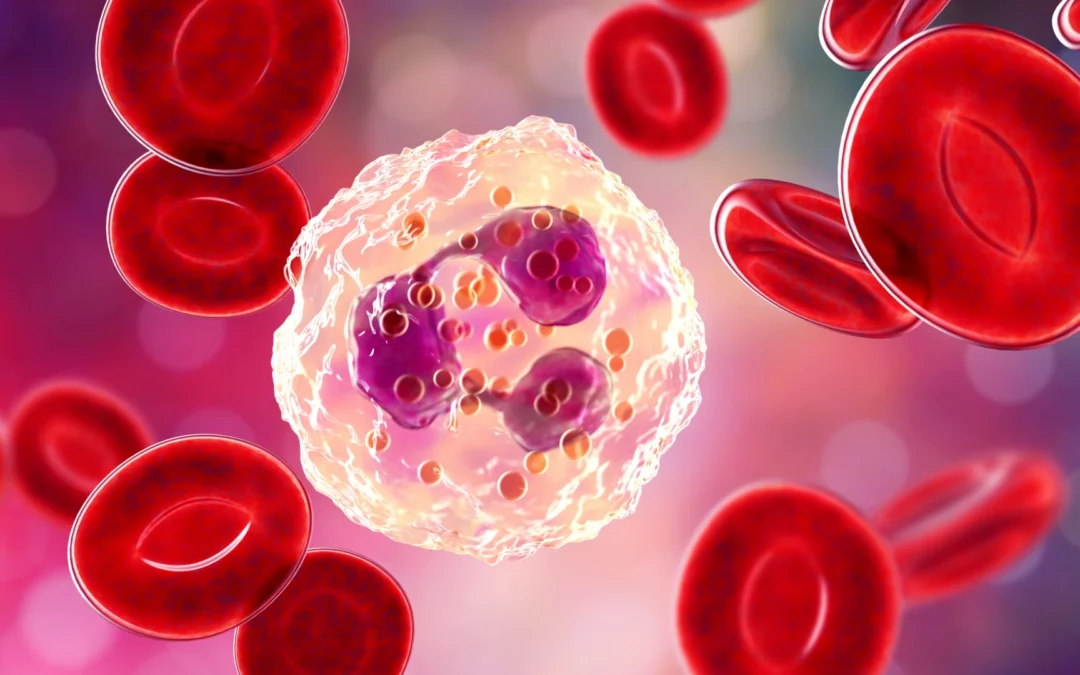Who should be concerned?
Anyone whose blood glucose levels are higher than normal are at risk of a major chronic health condition. Normal blood glucose levels are between 4.0–7.8mmol/L.
A blood test is used to determine blood sugar levels. During the blood test, blood is taken from a vein and is then sent to a pathology lab for analysis. Tests that might be done include:
- A fasting sugar (glucose) test: Fasting is required for at least 8 hours, often involving not eating or drinking overnight.
- A random glucose test, which can be taken at any time during the day.
- An oral glucose tolerance test (OGTT): The patient, who has already fasted, drinks a sugary drink and then has a blood test done, first one and then 2 hours later. Before the OGTT, the patient needs to eat and drink 150 grams of carbohydrates (found in starchy foods) each day for 3 days. If you need this test, your doctor or the healthcare professional requesting the test can advise on exactly what you need to do.
Another blood test that can be used to diagnose high blood sugar levels is the haemoglobin A1c (HbA1c) test, which measures the proportion of haemoglobin protein affected by glucose in circulation in the body.
What can I do today?
One step is taking a simple direct nutrition product twice a day as part of a way to manage diet. A food product high in dietary fibre, resistant starch and a wide range of essential micronutrients is NutriKane D. It is tailor made to help lower the Glycaemic Index in meals and has been clinically and scientifically proven to lower blood sugar levels and assist in weight reduction.
It is safe to take to improve your gut health and more. Give it a try!









